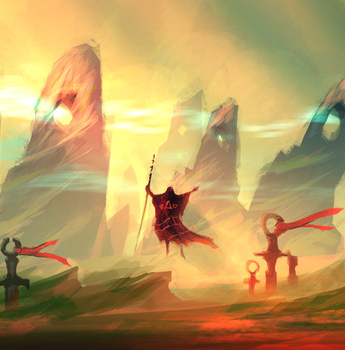Fun summons future computer careers

A team has received funding to work on a video game that teaches computer coding.
‘CodeSpells’ is a program developed for a research project at the University of California, which showed such success that it is being turned into a fully-fledged video game.
The basic premise sees students controlling a wizard in an open-world environment.
The player can design their own spells for the wizard, which are actually derived from basic coding functions. The current version of CodeSpells has been successful in teaching kids elements of Java in an engaging and entertaining way.
In their most recent paper, the research show that after playing CodeSpells for either four hours over four weeks or 10 hours over seven days, children ages 8 to 12 were able to write code by hand in Java.
In the current version of CodeSpells, players are wizards that can modify the world around them at will.
They can build mountains and valleys, levitate objects and start fires, all by using Blocky, a visual programming language created by Google, or Javascript.
The computer scientists behind the game have hit their funding goal on Kickstarter for the newest improvements to CodeSpells, which has enabled them to bring in artists and game designers to improve the experience.
“It is the goal of CodeSpells to provide a rich experience of computer science education to students who may not have access to an educator,” PhD student Sarah Esper said.
The Kickstarter project has entered a new phase wherein its designers hope to add mutli-player functionality.
They envision a game that allows wizards to compare, share and combine their spells to work collaboratively or compete in mini-games of theri own design.
Following mlti-player, the designers want to look at an ambitious new element – life. They say this would give wizards the ability to create and control their own animals and plants within the game.
Rewards for the Kickstarter range from a digital copy of CodeSpells for a $10 donation to access to district-wide licenses for CodeSpells in alpha and beta versions and computational thinking courses for teachers, for a $5,000 donation.







 Print
Print